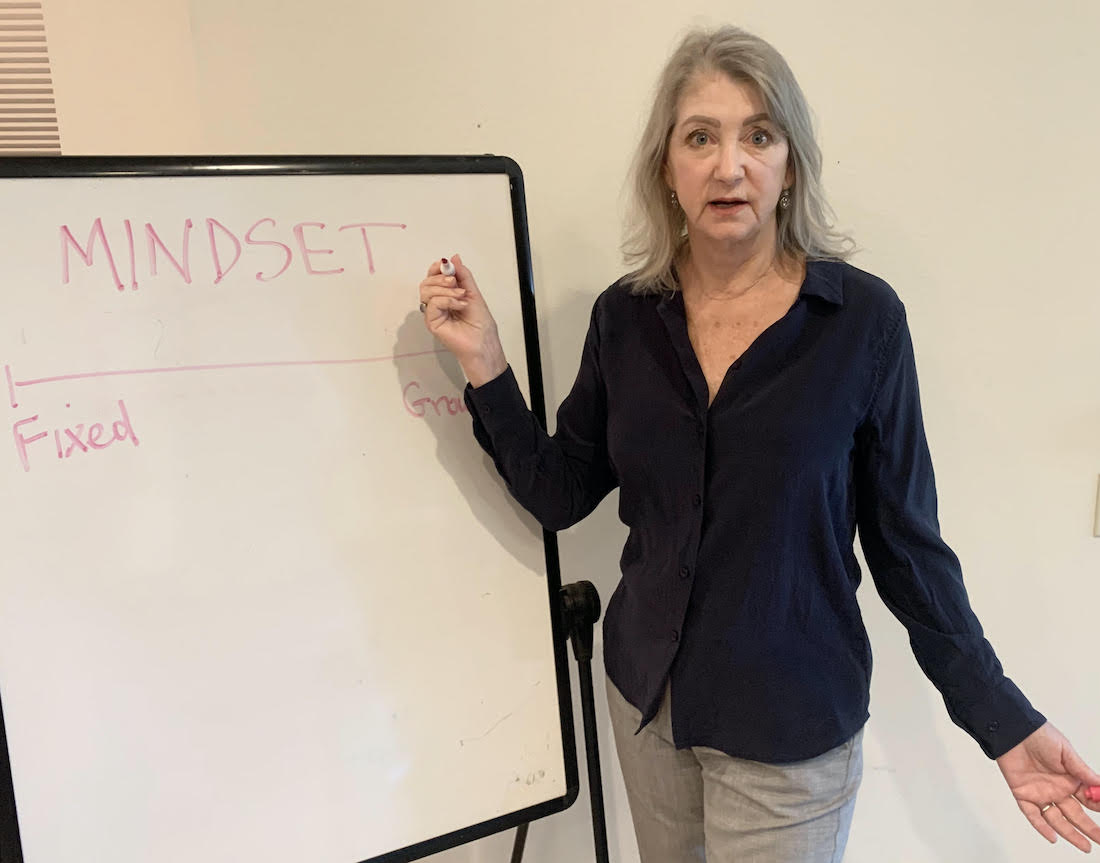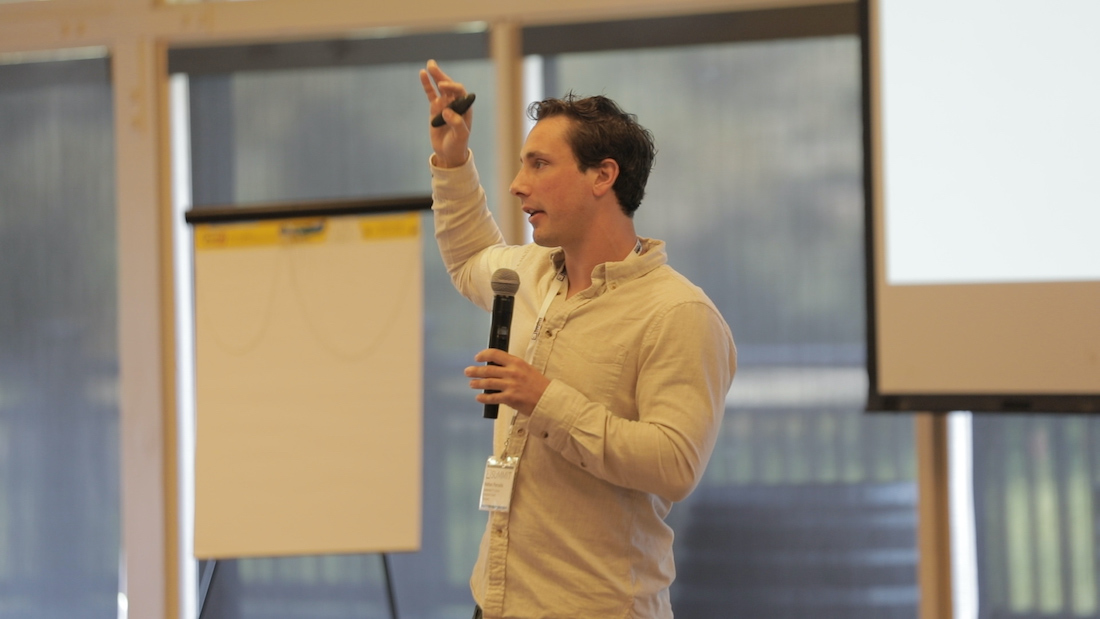
For Greg Mayes, founder of Engage Therapeutics, the startup journey was personal. At a Founders Network seminar, Greg walks through the key ingredients in founding, building and selling a pharmaceutical startup with the potential to help millions of epilepsy patients.
After a productive career in the C-suite at various pharmaceutical firms, including Advaxis, Unigene Laboratories and ImClone Systems, Greg Mayes saw a need for effective and convenient treatments for epilepsy — which affects about 3.4 million people in the United States — and got to work, eventually selling the company for $270 million to the Belgian giant UCB.
Greg got to know epilepsy firsthand after his son, Conner, was diagnosed with the condition as a child. Although a number of daily medications exist to treat seizures, roughly one-third of epilepsy patients still have difficulty in managing seizures. Through an advocacy group connected to New York University, where his son was receiving treatment, Greg got connected with Jackie French, a researcher with an idea for inhaler-based seizure treatments, and in short order he committed to the idea on a full-time basis.
Register for Greg’s presentation on founding and selling a pharma startup in two years, and find out if you qualify for full membership to Founders Network and get insights on.
- Seeing an Unmet Need
- Securing Great Partners
- Focusing on the Mission
- Getting the Timing Right
- Staying Personally Involved
“I quit my job, as a COO of a publicly traded immuno-oncology company, and started it up,” he says. “I spent the first nine months with no paycheck for the first time since college, which was scary, but a lot of entrepreneurs have to do that. You have to believe in it, and in this case there was a huge unmet medical need.”
“You have to believe in it, and in this case there was a huge unmet medical need.” - @gtmayes Share on XGreg hit the road for several months, crisscrossing the country to conferences and meetings to drum up interest in the idea. The inhaler concept showed initial promise as a fast-acting seizure suppressant, but had only been tested on five people and needed funding in order to run more intensive trials.
In less than a year, Engage Therapeutics was able to raise $23 million in Series A funding. The success of the idea, Greg says, is a combination of several factors coming together: For one, there was a significant unmet need, and opportunity, for an on-demand seizure treatment. Jackie, Engage Therapeutics’ research lead, also lended a great deal of credibility in the space, providing an exceptionally strong science and technology backbone to the project. Greg also credits his investors for their support of the project.
“Those were the three pillars of what made us successful,” he said.
With the Series A funding, Engage Therapeutics was able to conduct a phase two trial with 116 patients, which recorded successful results in stopping seizures. And that was a good sign, particularly for those epilepsy patients who can sense a seizure coming on but could benefit from a rapid-response treatment.
“It's easy to get distracted and want to chase a new shiny penny, but staying focused and staying true to why you started the company is important.” - @gtmayes Share on XThe inhaler treatment, called Staccato alprazolam, caught the attention of the Belgian pharmaceutical giant UCB. UCB agreed to buy Engage Therapeutics for $125 million plus an addition of $145 million in milestone payments, calling it an excellent strategic fit given the high need for fast-acting epilepsy treatments. The inhaler delivery may eventually be applied to other use cases, such as for panic attacks.
Engage Therapeutics’ story shows that — even if you’ve never founded a company before — success is possible if the right combination of passion, determination and execution come together at the right time.
“Don’t get too high on the high, or too low on the lows,” Greg says. “You’re going to have days where you think it’s not going to happen.”
It’s also critical to keep your eye on the ball, no matter what‘s thrown in your path: “It’s easy to get distracted and want to chase a new shiny penny, but staying focused and staying true to why you started the company is important,” he adds.
“You have to be prepared to get out on the road, roll up your sleeves and get the work done.” - @gtmayes Share on XIn the case of Staccato alprazolam, the treatment originated with a similar inhaler-based test for acute panic attacks, which have a larger addressable market. But trying to expand the focus at that stage could have knocked the development off course.
There’s no substitute for execution, as well: Especially once you have money in the door for your idea, it’s time to hunker down and get building.
“Get very personally involved,” Greg says. “You have to be prepared to get out on the road, roll up your sleeves and get the work done.”






